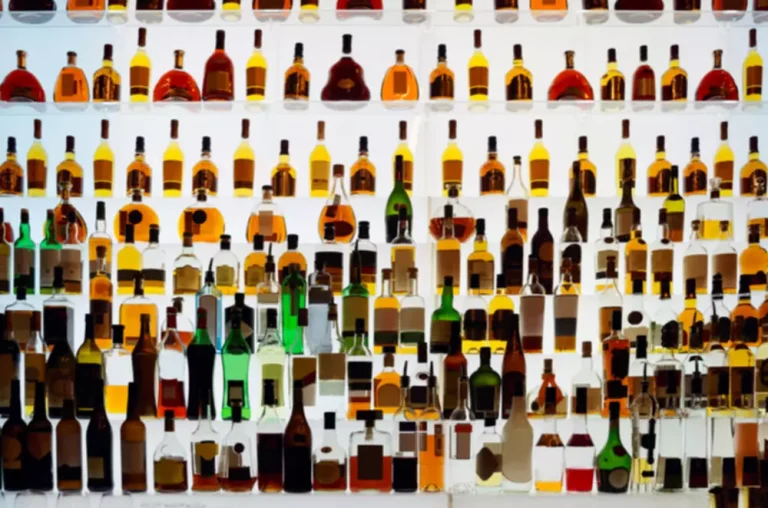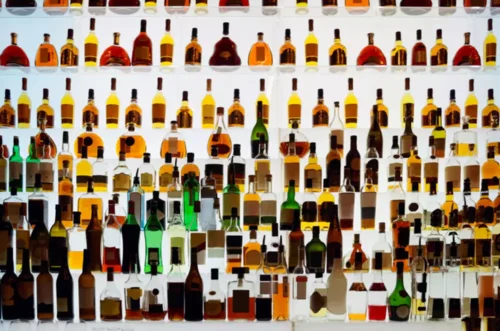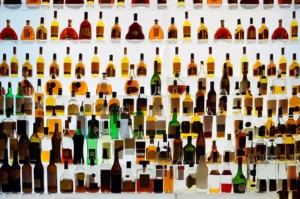
Kidney failure and alcohol use are often linked, and it seems there’s no turning back once damage is done. Alcohol use can also promote the kidney-damaging formation of harmful compounds called reactive oxygen species (ROS). It’s essential to be attentive and seek medical help if you observe any such symptoms, especially changes in your urine. Signs of proteinuria include persistent foam or bubbles in the urine.

Vitamins and Minerals in Chronic Kidney Disease

This often comes up when I am evaluating someone for kidney disease. This happens when the kidneys lose the ability to properly filter blood and maintain proper fluid and electrolyte balance (7). The condition results in the accumulation of toxins and waste products. In severe cases, dialysis or a kidney transplant is needed for survival (8). For instance, a high intake of sugary beverages or high-sodium foods may strain the kidneys (1, 2), potentially leading to kidney damage over time. Drinking alcoholic drinks may also negatively impact our kidneys.
Can alcohol cause high protein in the blood?
- However, more research is needed into the link between alcohol use and kidney injury.
- This subsequently promotes the conversion of H2O2 to the more reactive hydroxyl radicals, which cause damage in antioxidant capacities and mitochondria in renal cells 34,42,43.
- IgA deposits may accumulate in the kidney, leading to glomerulopathy.
- Above, we discussed how kidney issues can increase someone’s risk of UTIs.
Drinking alcohol heavily can have several long-term health consequences including type 2 diabetes and high blood pressure. Excessive drinking is considered to be more than four drinks per day. This doubles your risk of developing chronic kidney disease or long-term kidney damage. In contrast, some studies find that heavy alcohol consumption may predict poorer outcome in patients with chronic kidney diseases (Kronborg et al. 2008; Shankar et al. 2006; White et al. 2009).
How Alcohol Affects Your Kidneys: Short- & Long-Term Effects
Exhaustion, urination changes, appetite loss, and fluid retention are kidney damage from alcohol symptoms among the earliest signs. Kidney pain while drinking is another symptom to look out for, as it may mean kidney damage is progressing. Christina was diagnosed with a mild form of kidney disease when she was a teenager.

- Age, diabetes, hypertension, hyperlipidemia, and smoking are traditional risk factors of cardiovascular disease in patients with CKD 15–17.
- The latter two symptoms occur due to toxin buildup in the bloodstream.
- The kidneys grow larger and slowly lose their ability to work as they should.
- Though rare, liver cancer can develop from the damage that occurs with cirrhosis.
- Furthermore, approximately 10% of ingested ethanol is excreted by the kidneys in its original form 21.
After stopping drinking, which is the first step in any treatment of ALD, an assessment will be made as to the extent of the damage and the overall state of the body. It does not take into account factors such as body composition, ethnicity, sex, race, and age. Even though it is a biased measure, BMI is still widely used in the medical community because it’s an inexpensive and quick way to analyze a person’s potential health status and outcomes. At times, it may become necessary for a healthcare provider to talk with friends and relatives of the person with suspected ALD to establish the amount of alcohol consumed, as it may be difficult for the person to self-assess.

What Are the Possible Causes of Kidney Pain After Alcohol Consumption?
One of the main responsibilities of the kidneys is to sift out harmful substances from the blood, and alcohol is one such substance. Small amounts of alcohol can be easily filtered and disposed of, but too much alcohol affects how the kidneys work, impairing them to the point of not being able to properly purify the blood of the alcohol content. Alcohol is capable of undoing the kidneys’ ability to filter out toxins, and while this is not usually a problem with normal drinking, it becomes a serious problem when the drinking is abusive or excessive. You can reduce the risk of dehydration by drinking water while using alcohol.
In fact, it has been shown to provide no health benefits (26, 27). Red wine might offer potential health benefits, especially for the heart and kidneys, when you consume it in moderation. Some studies even suggest that red wine may contain health-supporting compounds like resveratrol and antioxidants (24, 25). Although the kidneys have a regenerative capacity, there are limits to their recovery. Extended and severe conditions, such as CKD or kidney failure, might be irreversible.
Liver disease
However, during chronic ethanol consumption, the body also uses CYP2E1 in the liver as well as the kidneys. Interestingly, studies find that CYP2E1 induction is much more robust in the kidneys compared with the liver (Roberts et al. 1994; Zerilli et al. 1995). This massive induction of CYP2E1 in the kidneys results in oxidative stress that modifies phospholipids in cell membranes.
Alcoholic Kidney Disease
In this video, we’ll cover the basics of chronic kidney disease. Whether you are looking for answers for yourself or for someone you love, we’re here to give you the best information available. Alcoholic liver disease (ALD) is caused by excessive alcohol consumption, which is defined as five or more drinks in a day or 15 or more drinks a week for men, and four or more drinks a day or eight or more drinks a week for women. Drinking is a complex social activity, and the results of many studies on the effect of alcohol consumption on CKD may be affected by many confounding factors.

Kidney pain usually appears in the back, on either side of the spine, just under the ribs. A person who experiences this type of pain, especially if it intensifies over hours or days, may have a serious illness and should speak to a doctor. Excessive consumption of several beverages can be harmful to the kidneys. This includes alcohol, sugary, and high-sodium beverages, such as vodka, sodas, energy drinks, and sweetened juices.
Find more like this: Bookkeeping